Report by Tatiana Fett
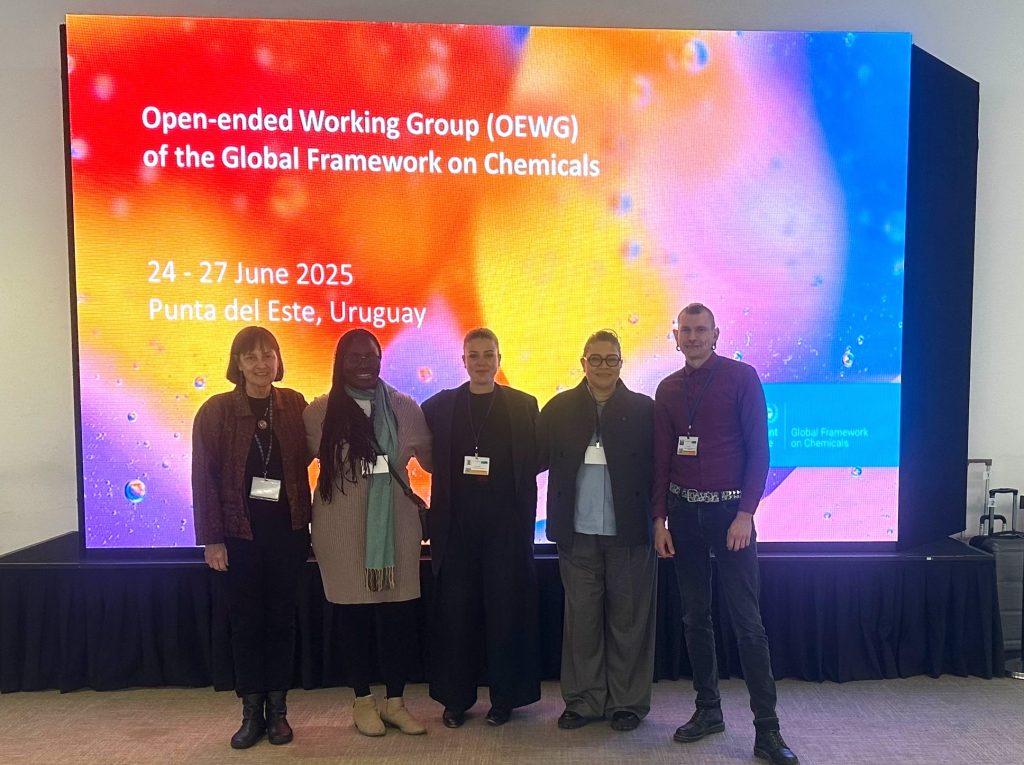
The First Open-Ended Working Group (OEWG1) under the Global Framework on Chemicals (GFC) – For a Planet Free of Harm from Chemicals and Waste – convened in Punta del Este, Uruguay from the 24th to the 27th of June 2025. This session marked a key milestone one and a half years after the adoption of the GFC and the Bonn Declaration at ICCM5 and reflected the growing momentum for integrating gender considerations across the chemicals and waste management framework.
A cornerstone of this progress was the presentation of the draft GFC Gender Action Plan (GFC-GAP), developed by the MSP Institute, namely Maria E. Gonzalez Anaya, the lead associate consultant, in close collaboration with the GFC Secretariat and UNEP under a Small-Scale Funding Agreement. The GFC-GAP responds directly to Resolution V/4, adopted at ICCM5, which requested “the Secretariat, with the participation of interested stakeholders, to develop a gender action plan… to advance towards full, equal and meaningful participation by all women in decision-making, and to promote gender-responsive policies and mainstreaming a gender perspective in the implementation of the framework.”
Development of the GAP
The draft GAP was developed through a three-phase process:
- Review and Analysis of gender strategies and action plans across other multilateral agreements and UN agencies;
- Multi-Stakeholder Consultations gathering inputs from governments, IGOs, NGOs, academia, and the private sector;
- Presentation and Refinement at OEWG1, with input welcomed ahead of ICCM6.
The supporting document UNEP/GFC/OEWG.1/INF/6 emphasizes gender-differentiated risks related to chemical exposure, highlighting key focus areas such as setting gender equality goals within the Secretariats and among stakeholders, building capacity and raising awareness on gender policies, mobilizing financial resources, encouraging gender-balanced participation in decision-making, integrating gender considerations into national reporting and action plans, and creating mechanisms to monitor and evaluate progress. It calls for gender-responsive education, policy frameworks, and financial structures.
Broad Support for the Gender Action Plan
Throughout the week, the GFC-GAP garnered wide support from governments (including all governments from the African region and the European Union), UN agencies, civil society, youth groups, and workers’ organizations. Many praised the GAP’s structured approach, rooted in over twenty stakeholder submissions and informed by lessons from other multilateral environmental agreements (e.g., Minamata and BRS Conventions), as well as gender integration work led by WHO, ILO, UN Women, UNHRC, and others.
Key stakeholder inputs included:
- IPEN emphasized the importance of integrating gender into research efforts and advocated for gender-balanced participation across all GFC processes. They encouraged stakeholder involvement and targeted exposure to chemicals, such as household exposures and those affecting healthcare practitioners. IPEN also urged sustained financial support for women grassroots organizations and called for inclusive and meaningful participation of Indigenous Peoples, young workers, youth, and balanced gender representation.
- Costa Rica and Colombia emphasized the importance of sustained implementation of the GAP beyond OEWG1.
- Uruguay urged to address the disproportionate impact of chemicals on the most vulnerable populations and to ensure the resolution is effectively implemented.
- The Gambia, on behalf of the African Group, stressed the need for a participatory and inclusive approach, fully integrated into the GFC’s structures and activities.
- Brazil underlined the importance of sex-disaggregated data as the foundation for evidence-based policy development.
- OHCHR called for recognizing intersectional discrimination, including the exclusion of Indigenous women and women in vulnerable situations, and advocated for gender-responsive monitoring systems.
- Canada encouraged a more intersectional approach within the GAP, addressing socioeconomic status, Indigenous rights, and occupational exposure.
- The European Union welcomed the progress made and reaffirmed its strong support for gender-responsive implementation aligned with the Framework.
- Children and Youth Major Group reaffirmed their commitment to advancing gender equity within the GFC. The Children and Youth emphasized the need for youth leadership throughout GAP implementation, offering continued support to the MSP Institute and involved partners.
- Mexico called for a more just, inclusive, and coherent system to achieve sustainability, emphasizing the importance of intersectionality and recognizing differentiated impacts. It highlights the need for legislation, disaggregated and scientific data, and inclusive approaches from all perspectives to promote coherence in how products are developed.
- The Dominican Republic acknowledged and reaffirmed its commitment to gender equality as a core principle for effective and sustainable product management, recognizing women as agents of change.
Political Tensions and Pushback
Despite broad enthusiasm, OEWG1 exposed persistent political tensions around gender terminology. Notably, the United States objected to the use of the term “gender” and advocated for explicit references to “men, women, boys, and girls.” While Argentina called for the use of an inclusive perspective of vulnerability instead of the gender perspective. These interventions reflect broader global debates on gender language and highlight the need for ongoing dialogue.
Still, many delegations strongly reaffirmed that progressive gender language is essential for legitimacy, inclusiveness, and ownership of the Framework. As Mexico noted, “leaving no one behind is the mandate.”
Looking Ahead to ICCM6
The draft GAP will undergo further refinement in the lead-up to ICCM6 (2026), where its formal adoption is anticipated. In the interim, stakeholders are encouraged to continue the implementation of resolution V/4 and to share with the secretariat the experiences and good practices derived from that process.
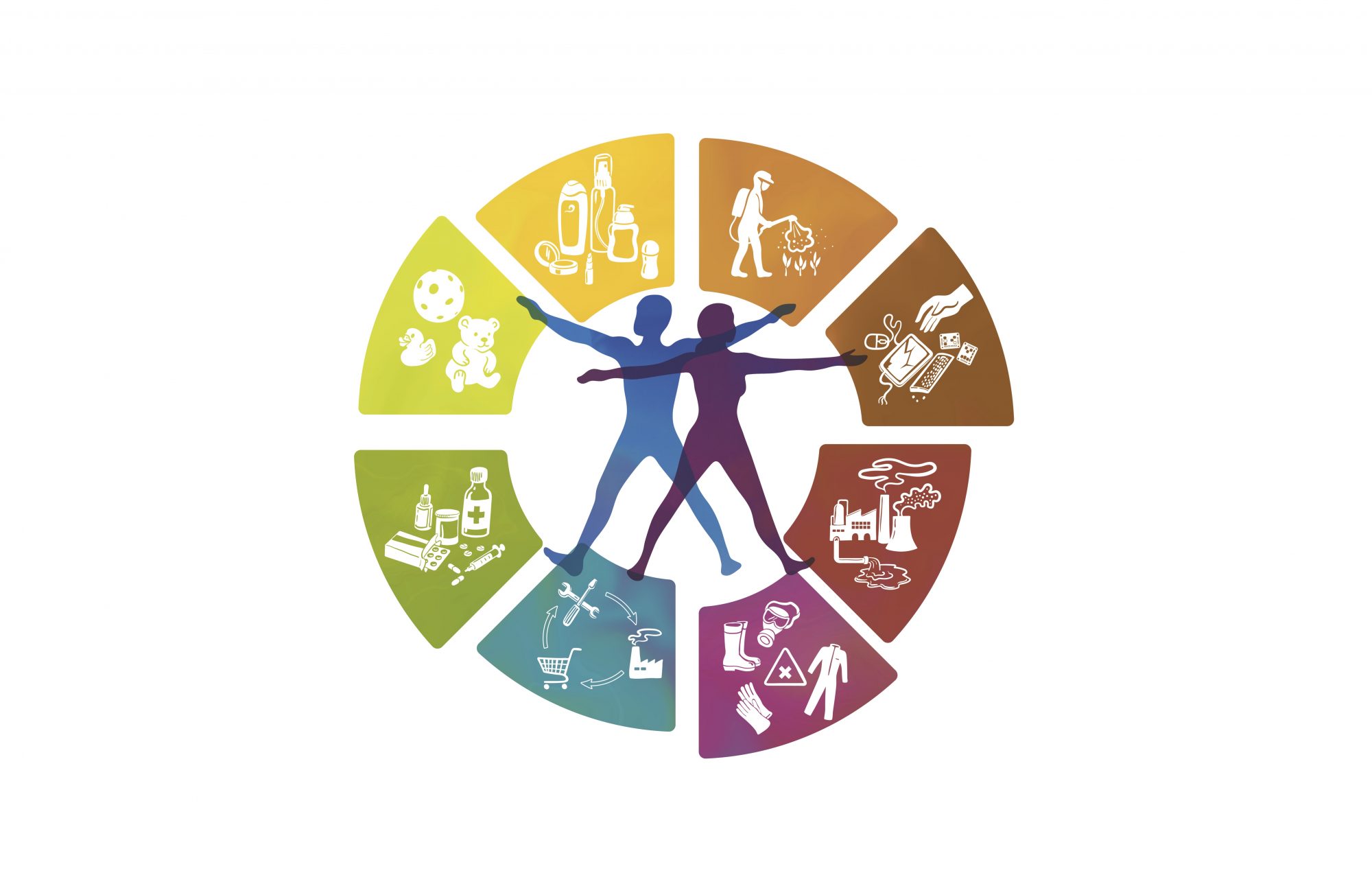
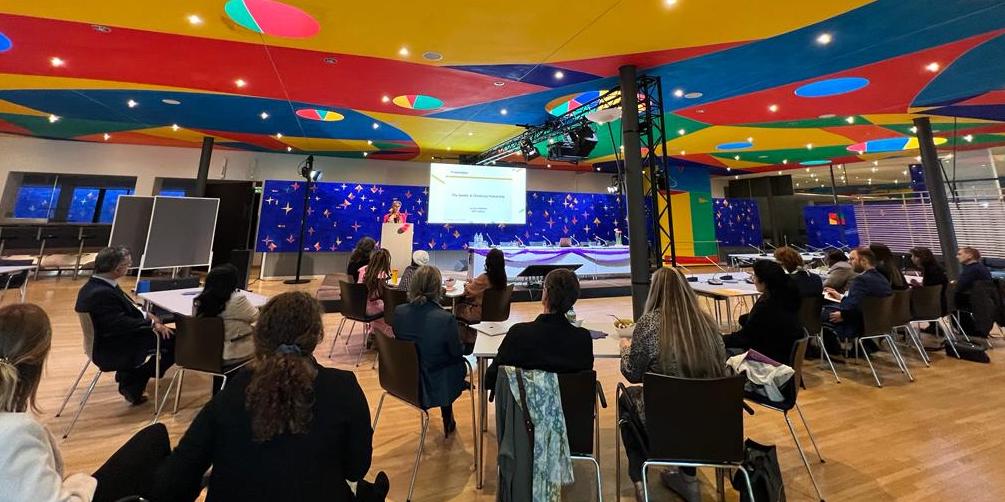
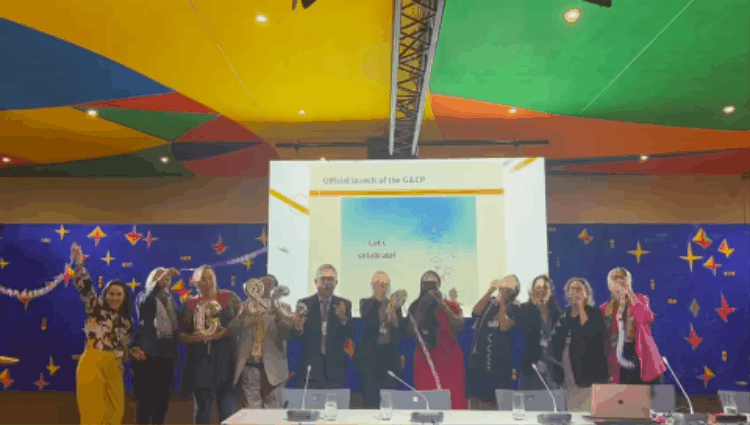



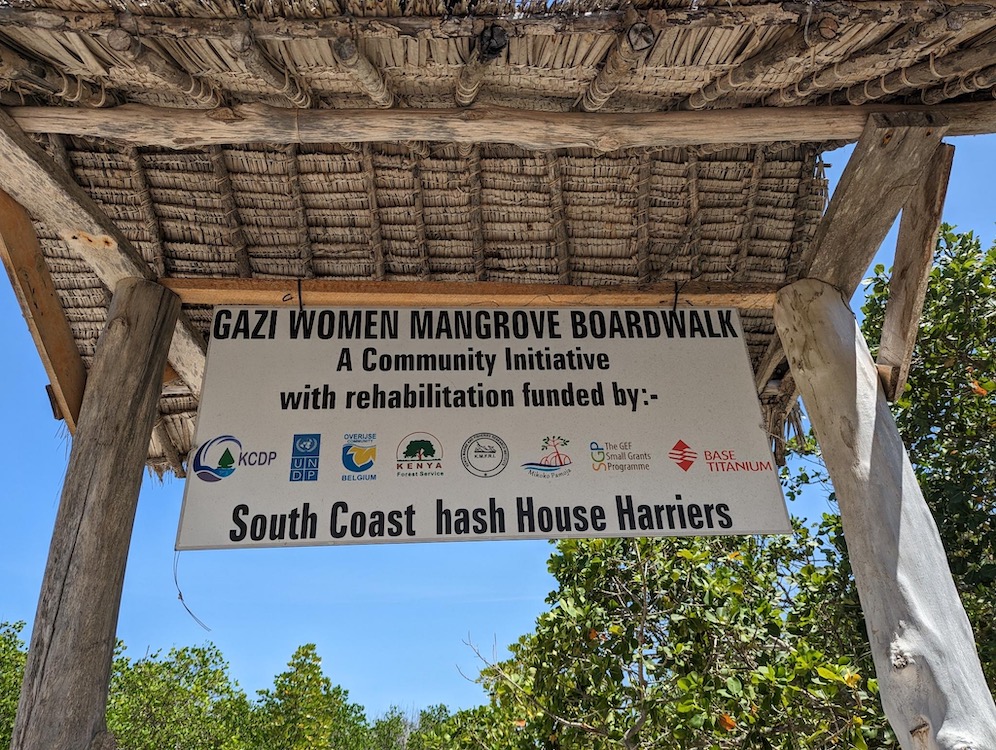
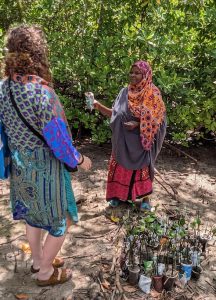

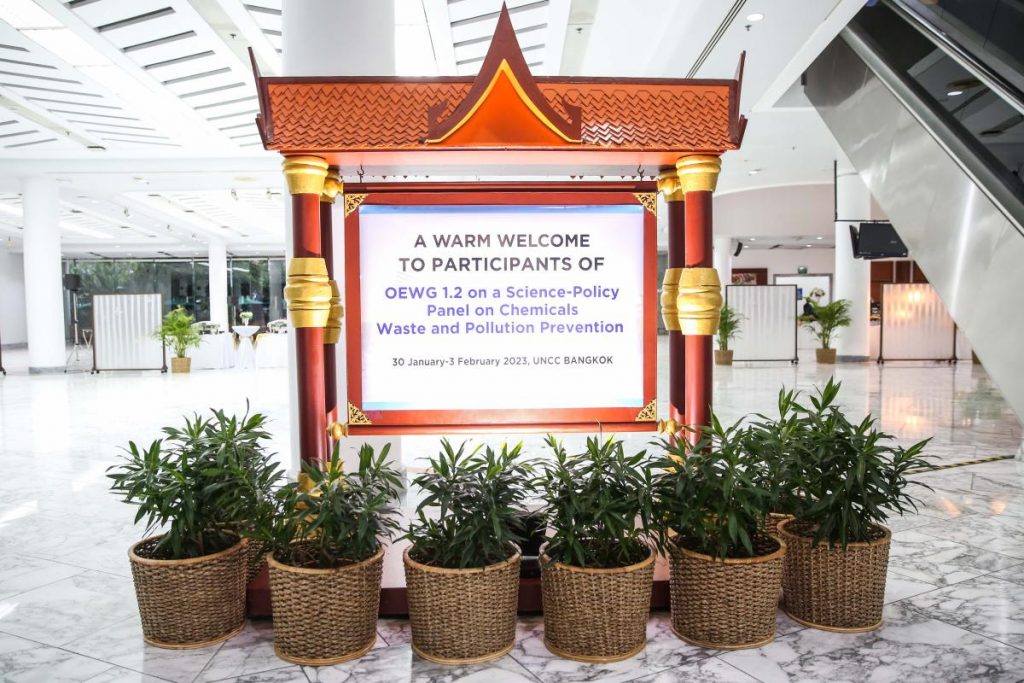

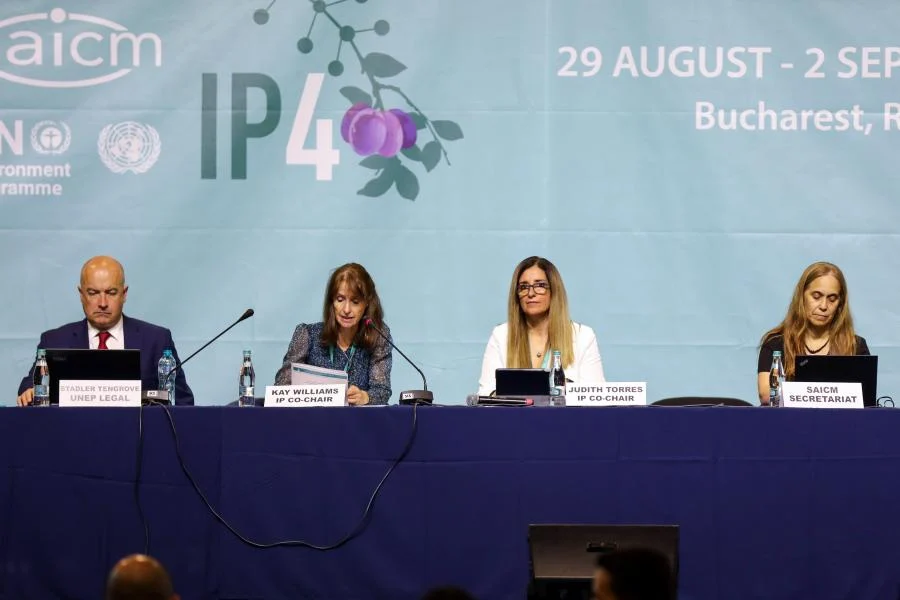
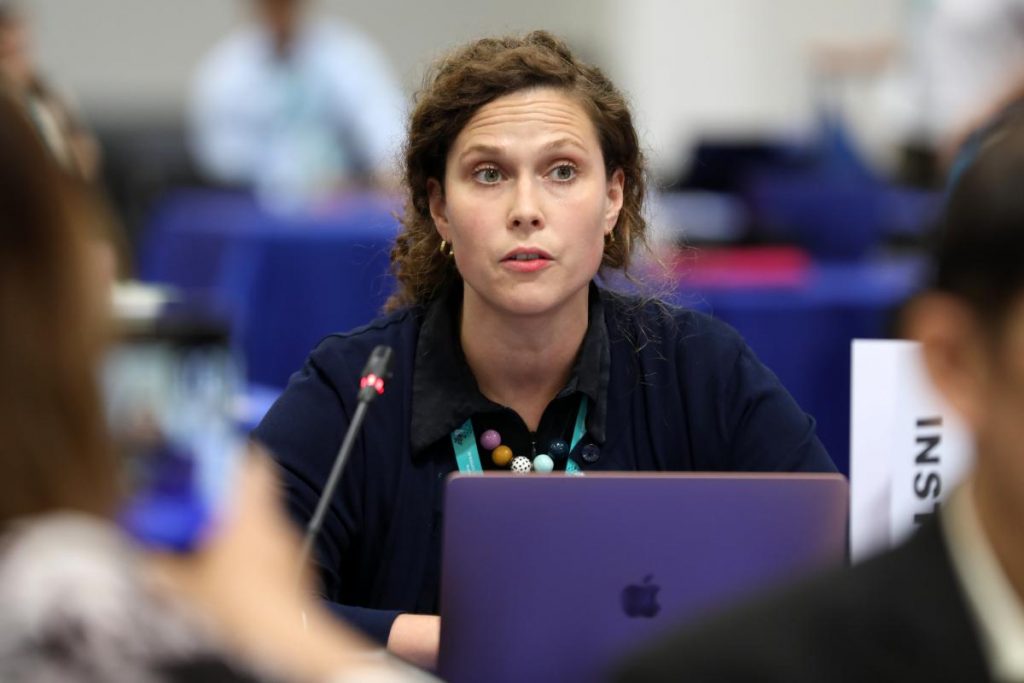

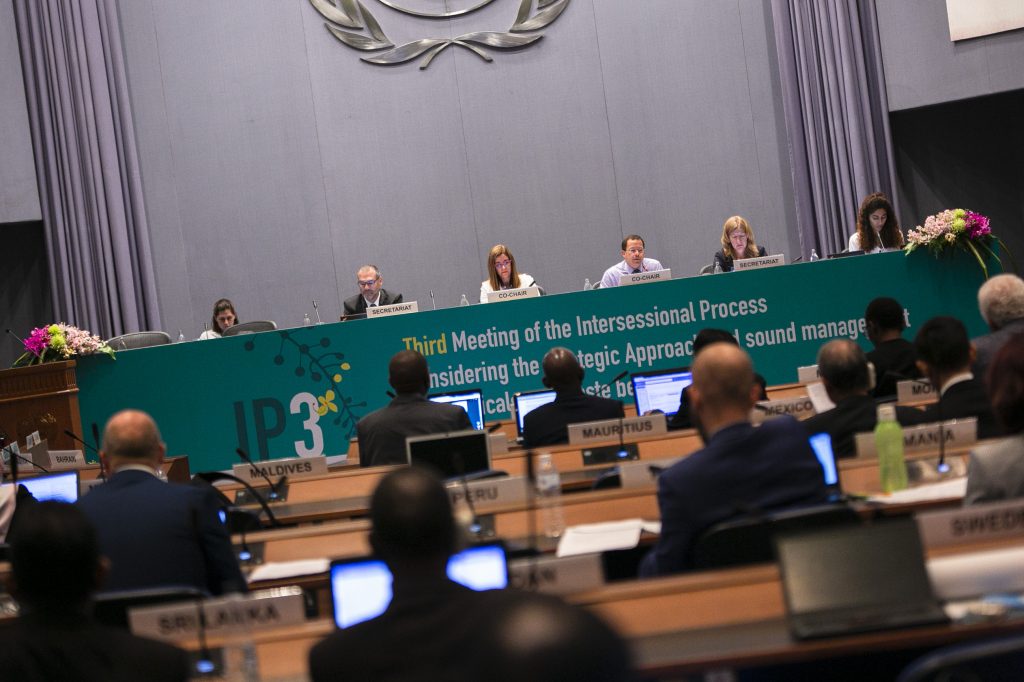
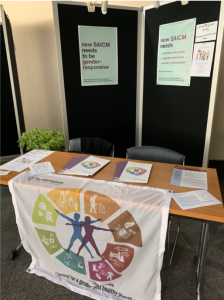
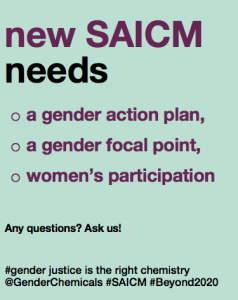
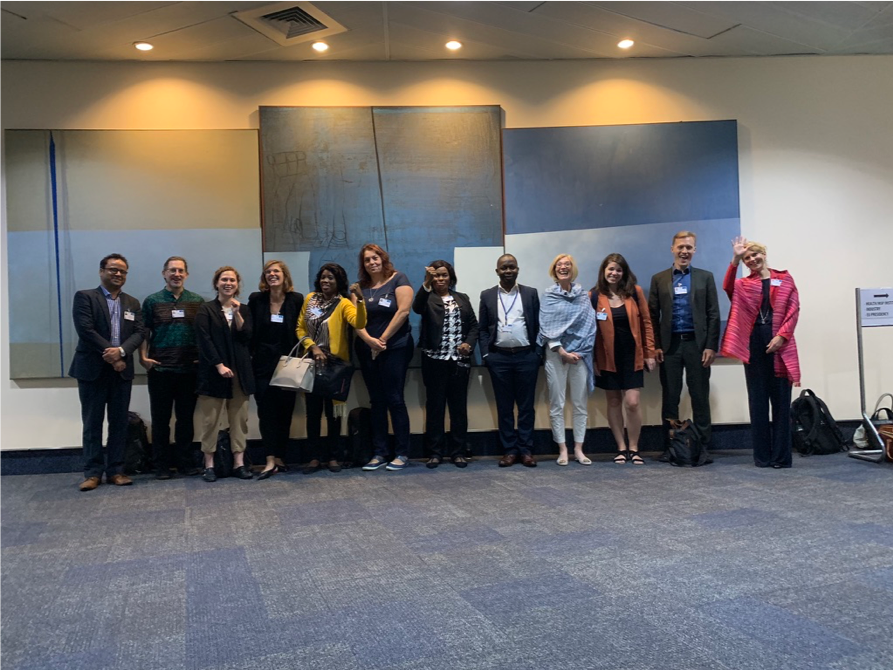
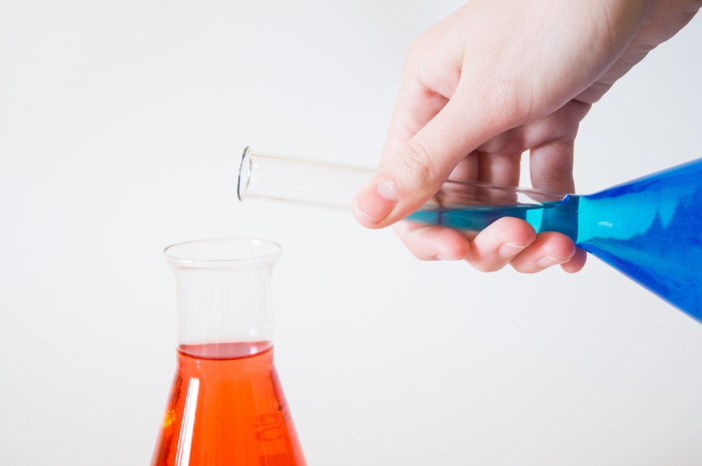
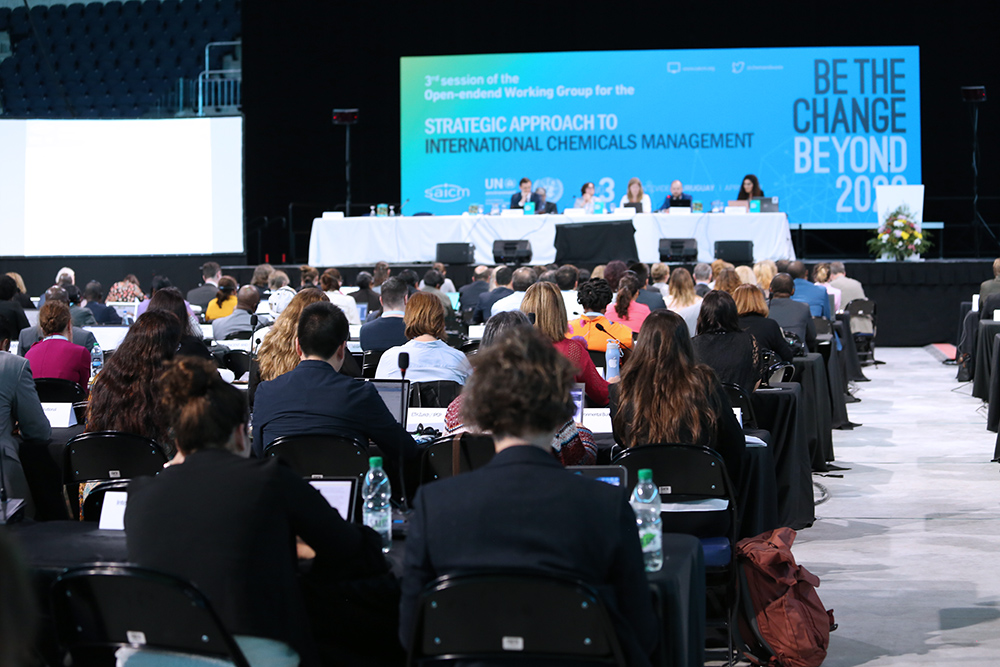
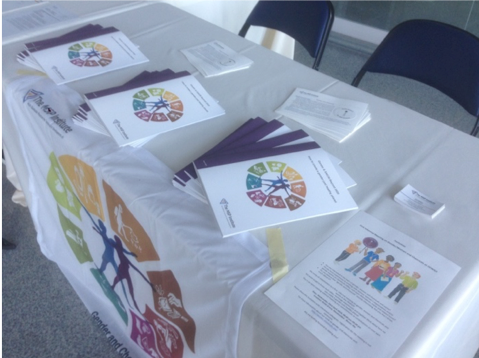

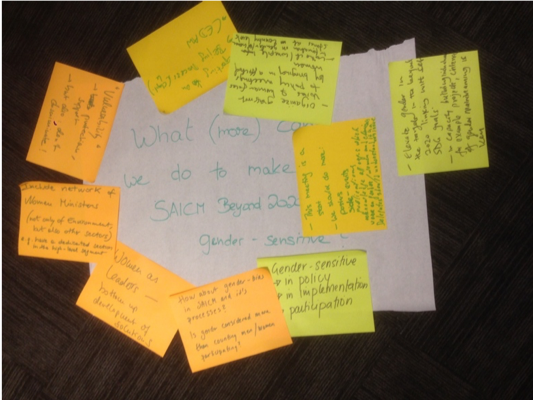
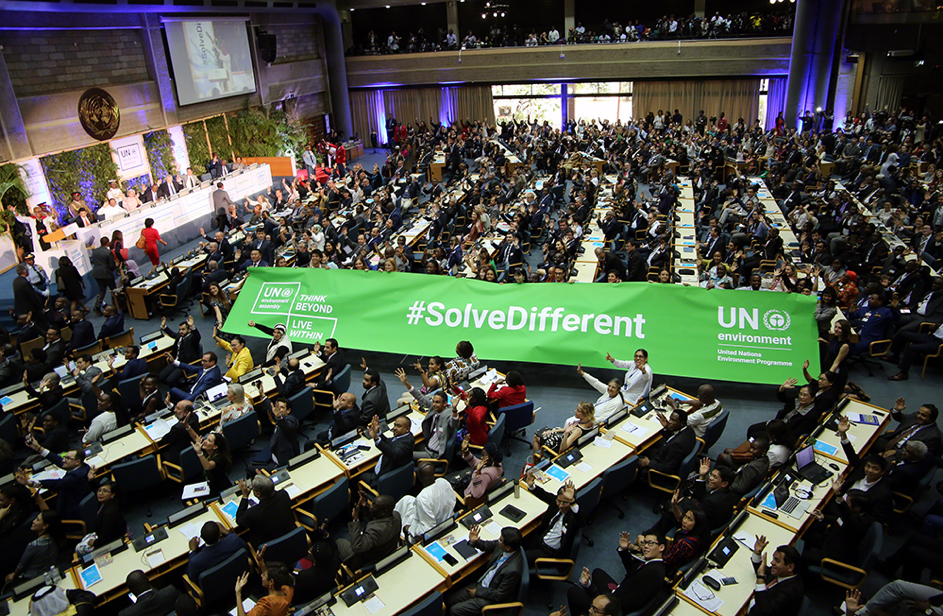
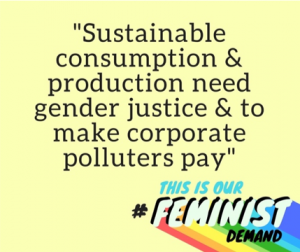
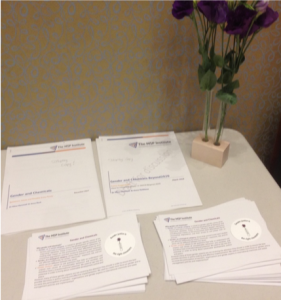
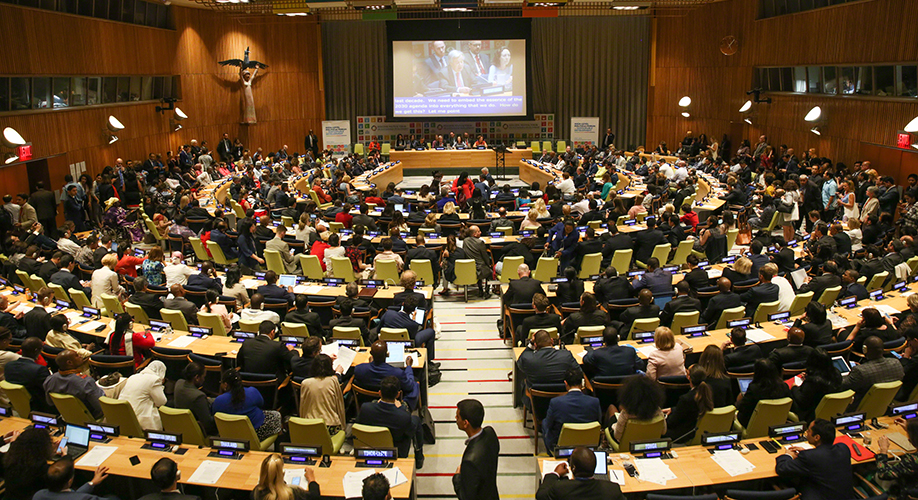
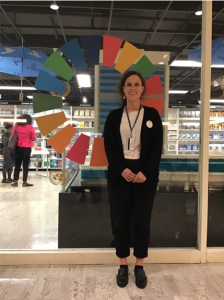 The HLPF itself concluded by adopting a negotiated, but not legally binding,
The HLPF itself concluded by adopting a negotiated, but not legally binding,